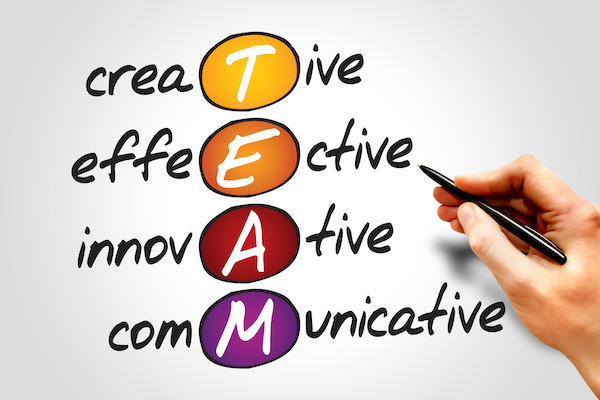Why Soft Skills Matter
When I was new to recruiting, I hired a person to fill a management position. We’ll call him Jim. On paper, Jim had the qualifications and skill set. He had management experience; he was engaged and had a positive attitude. His team took to him right away and found he was patient, knowledgeable, and professional. But, I had one big concern about Jim. He ran from conflict. I understand that no one enjoys battle, but its part of the fabric of business and needs to be handled appropriately and quickly.
Over time, this “soft skill” impacted the people he was managing and our customers. They were all getting mixed messages. Team members were lagging in their performance, customer deliveries where past deadlines without corrective actions. This soft skill then impacted other soft skills such as positivity, communication, and decision making, Trust with the team and the customers were fading, leading to a decline in productivity, collaboration, and profits.
Jim and I worked together to develop a plan to support him with his confidence and conflict resolution skills. In the end, Jim ended up leaving the organization because this soft skill was too crucial to our company and something he could not develop.
Some of the essential soft skills that I look for when hiring someone are:
- Trust
- Initiative
- Empathy
- Communication
- Positivity
- Collaboration
- Adaptability
- Problem Solving / Decision Making
- Emotional Intelligence/Control
New employees can learn the practices and procedures involved in their roles. You can teach them how to use the equipment, how to sell the service, or how to draft appropriate contracts. That’s not necessarily the case with soft skills. Developing specific soft skills can be challenging and deflating when it doesn’t happen. Depending on the person and position, these skills can be improved. As long as the candidate has the willingness to learn. By the way, willingness is another soft skill. In leadership positions, people must come to the table with the most critical skills naturally within them. Granted, they may not have all the soft skills, but which ones are the most vital? When a strong leader can problem-solve, make decisions, communicate effectively, work as a team, and relate to others around them, your business and employees will excel.
By utilizing behavioral-based interview questions to guide your understanding of a candidate’s knowledge and soft skills, you can go deeper into what strengths they will bring to the table. Please pay close attention to the way they respond to the questions. Their answers will tell you how they will manage a team, be managed, and contribute to the company’s growth and success. To get you started on some behavioral-based interview questions, download my free report “18 Interview Questions: What to Ask to Get Your Ideal Hire”.
How to Build Your Company Around Soft Skills
Before The Interview
The interview process and your assessment of a candidate’s soft skills begin long before sitting down across the desk from you. Job postings should talk about the company culture and “how you work” in the organization and within that specific department. List both hard and soft skills under essential qualifications on job descriptions and job postings.
Pay attention during the phone interview: How was their phone etiquette? How would you rate their listening skills? Where they prepared and ready for the conversation? Did they appear aware or thoughtful in their answers? In what areas have they excelled with a specific soft skill?
On Interview Day
Promptness and professionalism say a lot about their punctuality, dependability, and self-awareness. All of these are soft skills you’re looking for in a new hire.
One of the first questions to ask a potential hire is what they did to prepare for the interview or how much they know about the specific position or company. This question allows you to gauge their understanding of the position and enable you to see if initiative is one of their strengths. Where they resourceful enough to learn about the position or company or did they walk in with bare minimum requirements?
Each question guides you toward a deeper understanding of the candidate. Can they do the job: knowledge and experience. Are they emotionally intelligent: personal attributes to positively impact the team.
After The Interview
Dedicated employers won’t see the face-to-face interviews as the final step in the interview process. By performing testing or personality profiles, you will see an expanded vision. By checking references you will get a third party perspective. Ask the former managers and coworkers how the candidate worked under pressure, how they handled conflict, and how they were able to relate to their coworkers, their customers, and their superiors on an emotional level.
Is it important if a candidate can show up, perform the tasks required, and function as a productive part of a team? Of course. Is it the most important thing? I’d say no. We want our teams to be made of people who show up and be productive along with taking initiative, encouraging others, communicating clearly, and relating to others. We want our teams to be made up of problem solvers, decision-makers, and leaders.
To build these teams, we must ask the right questions and seek out specific characteristics during the critical interview process. With the knowledge of why soft skills are important and a copy of the 18 Interview Questions: What to Ask to Get Your Ideal Hire in your hands, you are equipped with everything you need to hire competent, passionate, and accountable employees to move your company towards growth.

